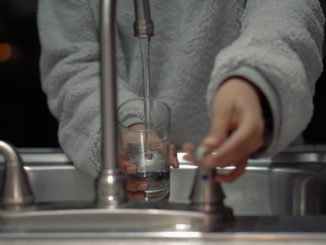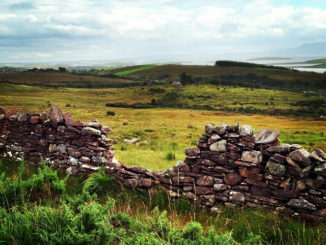With mixed signals being sent to farmers by EU authorities on pesticides and herbicides, what other options are there for food producers? Part 1 in a two part series by Oliver Moore.
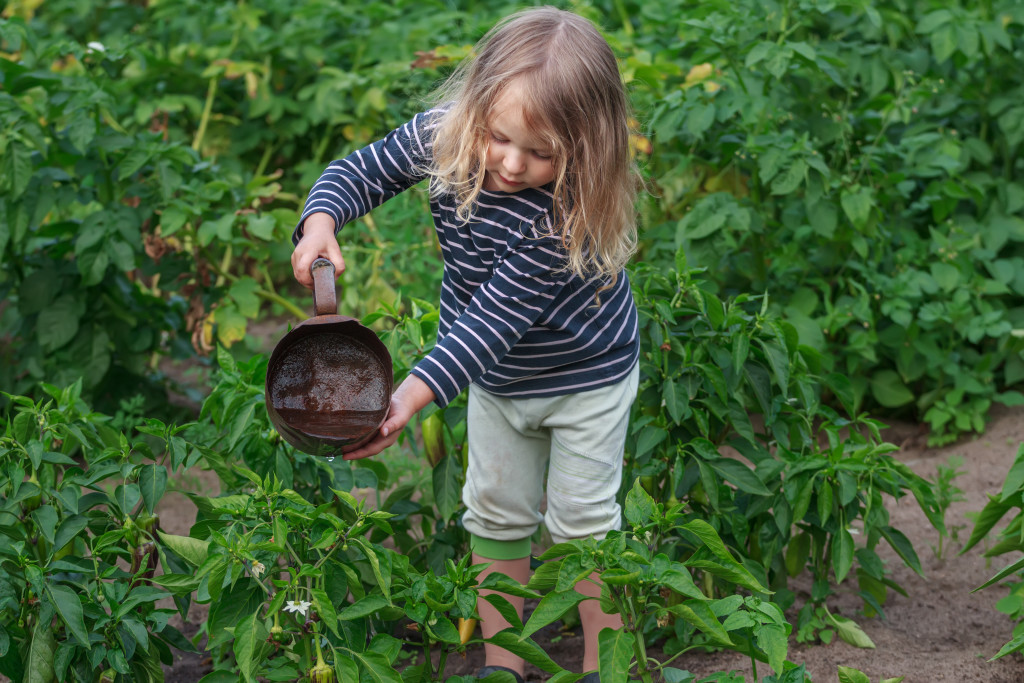
As often is the case, there are two contradictory, divergent pathways emerging in farming and food. On the one hand, Europe in particular is imposing restrictions on the use of pesticides, herbicides and other agri-industrial inputs. The partial neonicotinoid ban and the glyphosate licence renewal debacle exemplify this.
On the other hand, spurred on by globalisation in general and TTIP – the Transatlantic Trade and Investment Partnership – in particular, pesticide restrictions are being lessened.
TTIP is a potential agreement, currently in negotiations between the EU and US, which is supposedly about easing trade between the two areas. However, revelation after revelation shows how the EU is moving away from the precautionary principle and towards the US so called chemical risk model of regulation of pesticides and other substances.
A 2015 reports from the Center for International Environmental Law found that 82 pesticides currently in use in the US, and banned in the EU, could be allowed in the EU post TTIP. These pesticides are “recognized as carcinogens, developmental toxins and suspected endocrine-disrupting chemicals” the Guardian reported.
Also last year, it was revealed that, following pressure from US trade officials, plans to regulate 31 endocrine disrupting pesticides were shelved.
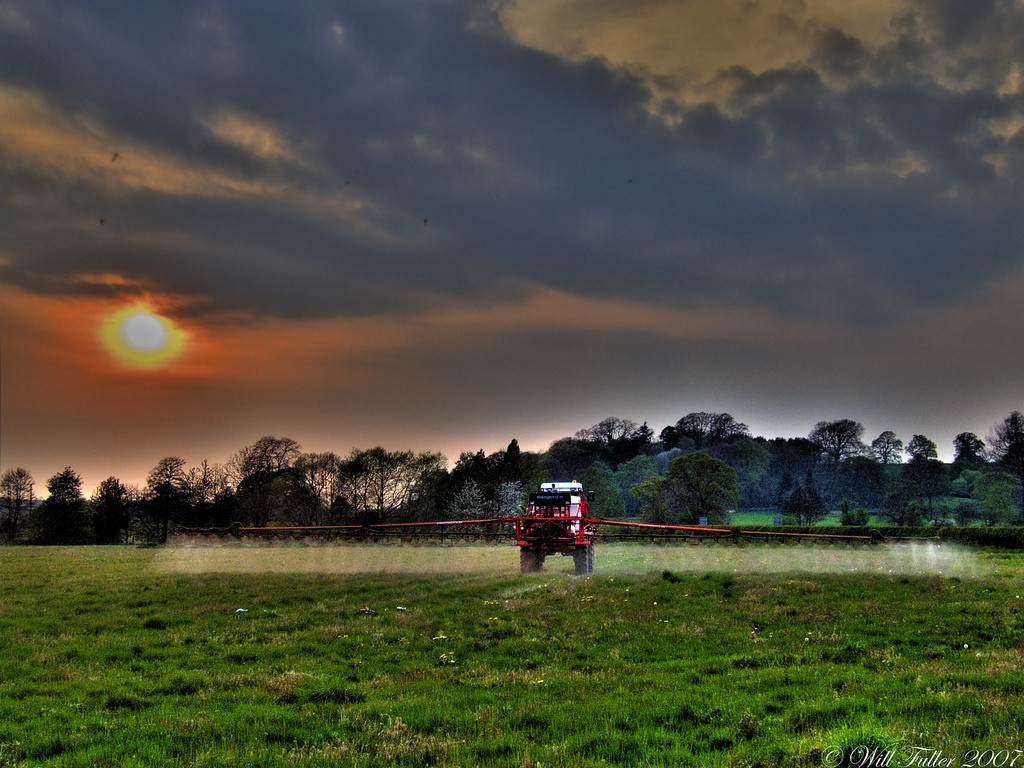
Euractiv – a Brussels-based new agency – revealed that the EU Commission changed its work plan on endocrine disruptors, not because of the “complexity” of the operation, as Jean Claude Junker claimed. Rather, “the endocrine strategy was blocked because of lobbying by the cosmetics industry” a senior EU official told the media outlet.
In 2014, the Commission’s workplan clearly signposted the option of moving towards risk over precaution.
Recently Commission finally announced its classification system for endocrine-disrupting chemicals.
The Endocrine Society of Scientists and a former chief author on EDs for the Commission Professor Andreas Kortenkamp described it as “a total reversal of the intention of the regulation…the worst of all the possible outcomes. Risk assessments are precisely what industry has lobbied for, and the commission has given it to them” the Guardian reported.
If ever there was a case of mixed signals to farmers, the EU and its attitude to pesticides is it. But what are the options and alternatives to the pesticides in dispute? Is there another way?
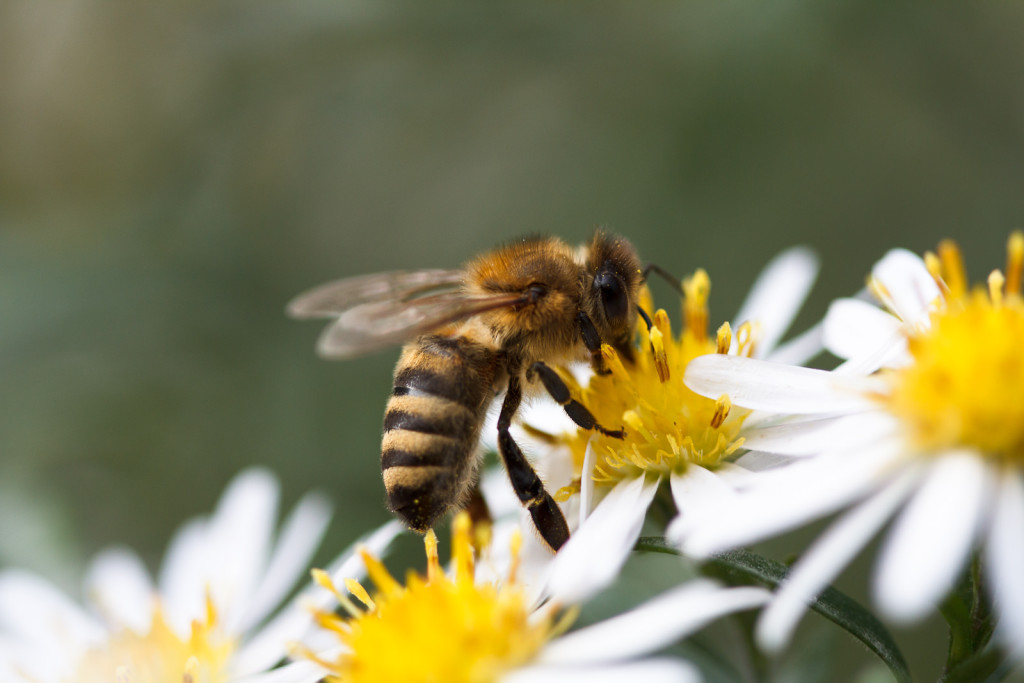
In a letter developed for a a group of MEPs, for the Commission, and seen by this journalist, a roadmap for a different way to grow food is outlined.
The context for this letter is the Glyphosate debacle, and the EU’s long-winded approvals debacle.
The letter describes the need for a transition to sustainable food production, including sustainable protection and nutrition of crops.
Importantly, it also outlines what is a roadmap to agroecology – in other words, a path for producers to jump off the pesticide threadmill and into a different way of producing.
This roadmap describes in some detail how each of the following seven key initiatives could help farmers produce sufficient yields without externalising (i..e passing onto the citizen and environment) some many of the costs of producing.
- Non-chemical techniques as alternatives to herbicide use
- Letting beneficial species do their work: IPM (Integrated Pest Management) and cascade approach, chemicals as last resort
- Advice and extension services, and exchange of farming knowledge
- Funding the transition via the Common Agricultural Policy (CAP)
- Coherence with EU biodiversity and climate change policy
- Increased ecosystem functioning means greater input autonomy for farmers
- A paradigm shift supported by science: Agroecology.
Next, we’ll explore these techniques for producing food without herbicides and pesticies.
A version of this article first appeared in the Irish Examiner newspaper



